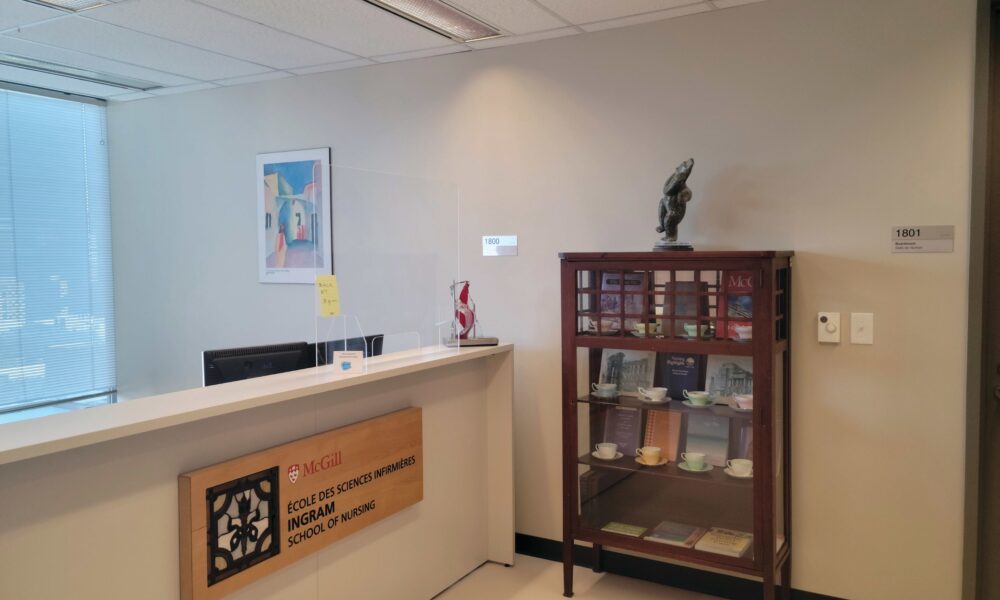Medical students are pushing schools across Canada for greater abortion education in their curricula as a means to improve access to reproductive health care nationwide. Students are emphasizing the issue in light of the overturn of Roe v. Wade by the Supreme Court of the United States on June 24, which has led to the increased scrutiny of abortion access in Canada.
Sex[M]ed, an organization founded by Jillian Schneidman, a third-year medical student at McGill, launched a petition on March 10 calling on various Canadian institutions to increase their abortion training in medical education. The petition was addressed to the College of Family Physicians of Canada, the Medical Council of Canada, the Association of Faculties of Medicine of Canada, and every medical school in the country.
The petition urges institutions to include and standardize curricula on abortion and to ensure students are exposed to abortion practices in a clinical setting. It also calls for institutions to create working groups to monitor the implementation of these goals and to keep the medical community informed about any progress.
Currently, McGill’s medical curriculum dedicates one hour of total lecture time to abortion within a larger four-week block titled “Reproduction and Sexuality.” In a statement to The McGill Tribune, McGill media relations officer Frédérique Mazerolle explained that the curriculum is designed this way because counselling patients about abortions and performing abortions is beyond the level of learning expected of medical students.
“Over the course of their training, students will, however, be exposed to patients with spontaneous abortions (miscarriages) and may see patients who request termination of a pregnancy,” Mazerolle wrote. “This exposure happens within the clinical context.”
While abortion is legal in Canada, whether they will perform the procedure or not is up to the discretion of healthcare providers. Abortion providers are also concentrated in urban areas, making access to the procedure in remote and rural communities difficult. Prince Edward Island, the Yukon, and the Northwest Territories all have one abortion provider for the entirety of the respective province or territory, while Quebec has 49 providers.
In an interview with the Tribune, Schneidman stressed the importance of comprehensive abortion education for medical students as it reduces barriers for people seeking the procedure.
“In order to increase this access and ensure that abortion services are available across the country, it really relies on health care providers, including physicians to be educated, trained, and willing to provide the procedures,” Schneidman said. “Equipping medical students with the information, tools, and resources is really the starting point to be able to do that.”
Cheryl Armistead, professor at the Ingram School of Nursing, added that a lack of education leads to the further stigmatization of abortion. Armistead believes that expanded education can work to shift perceptions as people, particularly medical students, enter the workforce.
“Everyone who’s entering school […] they’re going in with all the stereotypes and myths they’ve absorbed from society,” Armistead said in an interview with the Tribune. “If they are not given the opportunity in academia to question that, to open their mind, to look at other perspectives, then they are going to exit and go into care and just reinforce all the status quos, inequities, and oppressions that already exist.”
Armistead said that the role of academia reduces the harmful rhetoric surrounding abortions.
“So we have to have open dialogue, we have to have this conversation, we have to stop stigmatizing it. And if we don’t, if we don’t do it in academia, oh my goodness, where [else]?”
Kelly Gordon, assistant professor of political science, and Pearl Eliadis, a lawyer in Quebec, will explore the issue of abortion rights in Canada further during a panel on Nov. 2. The event titled, “Roe v. Wade: A Canadian Perspective Panel,” will be hosted by McGill Medical Students
for Choice (MMSFC).
For medical students looking to learn more about abortion, MMSFC is an organization that works to destigmatize it and offer more opportunities for abortion education outside of the classroom.










